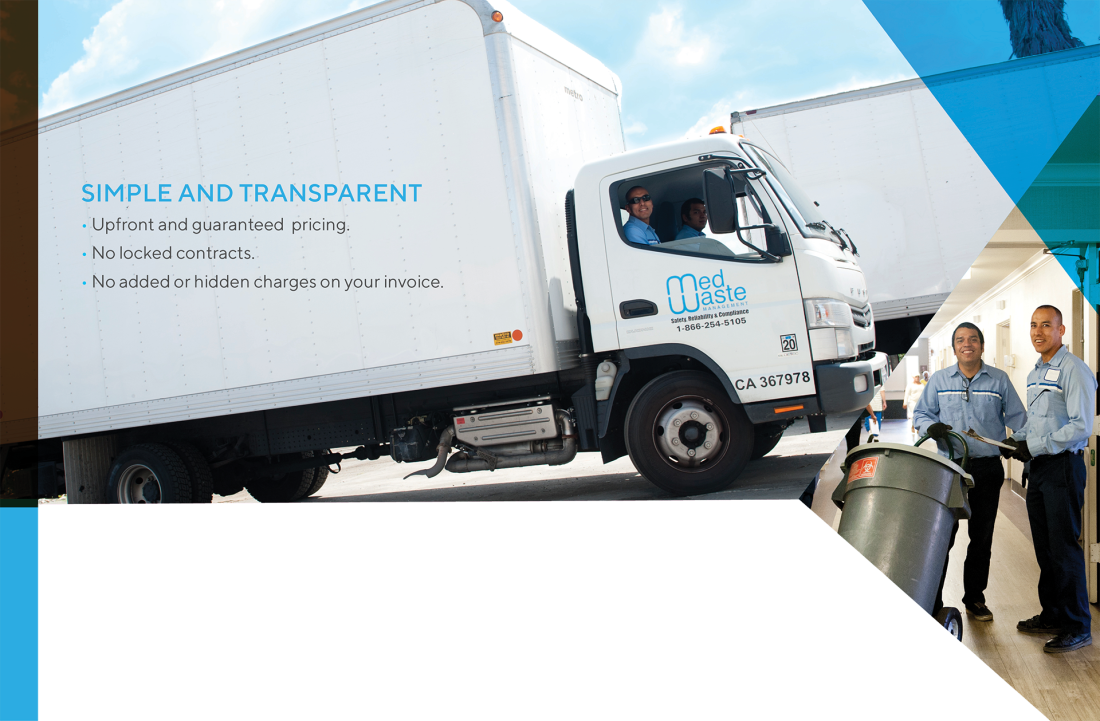We are a medical waste disposal operation providing service to hospitals, medical clinics, nursing homes, dentists, and many other health care industries. Our service provides you with striated biohazard containers, red bag liners and the disposal of your waste. Dirty Medical Waste Disposal is not an easy task and doing it seamlessly has taken elaborate development of infrastructure managed by a wide variety of companies and regulatory agencies charged with keeping our environment free of used supplies that might contaminate our world in ways that we would never imagine except in our scariest nightmares and most tense disaster movies. The opportunities for an illness to spread are already wide ranging without having contaminated syringes floating in our sewage system. Transportation that has been utilized by infected people can spread an illness to you and throughout your work place and social circles within a short period of time.
It’s a great time to clean out your medicine case, protect our kids, families and environment by properly disposing of your unwanted and expired medicines. Medicines in the home are a main cause of accidental poisoning and flushed or trashed medicines can end up polluting our waters. The Medication Disposal Program in Grand plain area gives residents a place to safely dispose of pharmaceuticals on an ongoing basis. Any person who destroys it must have a license obtained from an environmental agency. Therefore, any medication which has expired or is no longer needed has to be disposed of through a professionally licensed waste disposal company. When your medicines are no extend needed, they should be disposed of promptly. There are certain pharmacists who have this license as well and they can be used to safely dispose of the medication.

